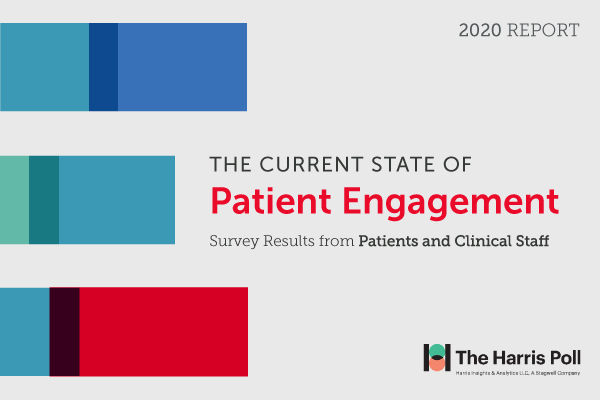This year, in response to the COVID-19 public health emergency, the HHS’ Centers for Medicare and Medicaid Services (CMS) expanded coverage of telehealth service to include all Medicare beneficiaries, regardless of location.
Telehealth services eliminate the barriers to in-person care that have been created by the COVID-19 pandemic and allow practitioners to provide treatment to patients in their own homes and, by doing so, improve patient safety and control the spread of COVID-19. The expansion of coverage only applies during the coronavirus public health emergency, although calls have been increasing for the expanded CMS telehealth policies to continue after the public health emergency is declared over.
On June 9, 2020, in a virtual event on STAT News, CMS Administrator Seema Verma said she supported the permanent expansion of access to telehealth services. The FTC has also weighed, with executives expressing their support for the permanent removal of the geographical restrictions and continued expansion of the types of services that can be delivered by telehealth.
On May 21, 32 House members signed a letter urging Congress to give telehealth more time to prove itself and requested the relaxation of telehealth regulations to continue after the COVID-19 emergency period. The extension will ensure that sufficient data is collected to determine which of the new flexibilities should be made permanent.
Many providers and patients across the United States have taken advantage of telehealth services during the public health emergency and telehealth has proven popular with providers and patients alike. It is now looking likely that telehealth is here to stay, and virtual visits will replace in-person care in certain circumstances.
Telehealth was made much easier for providers by the HHS’ Office for Civil Rights, which issued a notice of enforcement discretion stating penalties and sanctions would not be imposed on healthcare providers for the good faith use of non-HIPAA-compliant communication technologies for providing telehealth services. That notice of enforcement discretion only applies during the public health emergency, after which healthcare providers will be required to switch to HIPAA-compliant solutions. Any provider that is not yet using a HIPAA-compliant telehealth application should now consider making the switch.
One HIPAA-compliant solution that has proven extremely popular during the pandemic is TigerTouch from TigerConnect. TigerTouch combines, video, voice, and text messaging into one convenient mobile and desktop app which allows internal communication with care team members and patient communication through the same app. The solution also supports the sharing of files and medical images, and as a fully HIPAA-compliant solution, it allows ePHI to be securely shared. Healthcare providers that have adopted the solution report significant cost savings, improved workflow efficiency, better patient care, and happier staff and patients.
TigerConnect hosted a webinar to showcase the solution and explain how the integrations and telehealth features of the solution are helping to improve the quality of care, increase patient safety, and improve patient satisfaction levels.
The post Telehealth Set to Stay so it’s Time to Get the Right Technology appeared first on HIPAA Journal.



